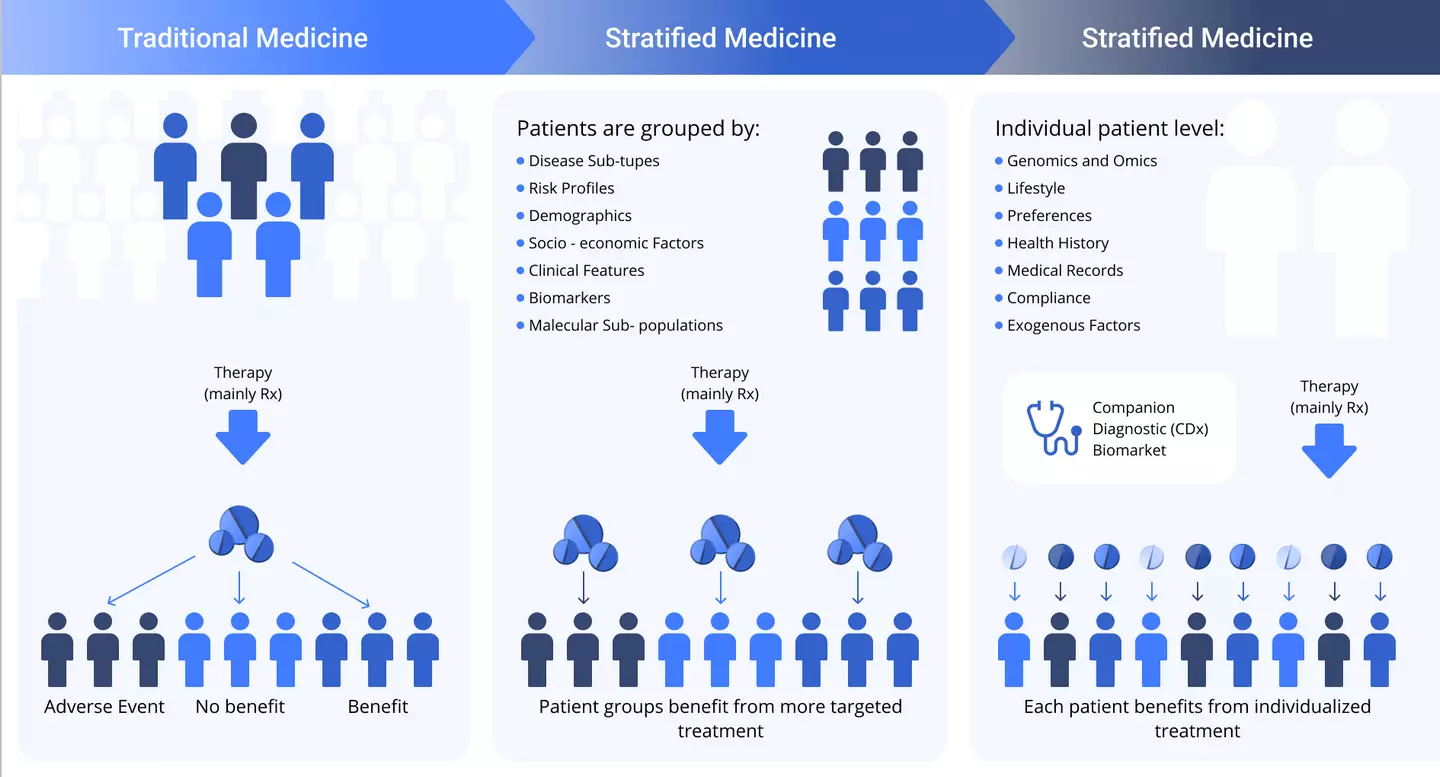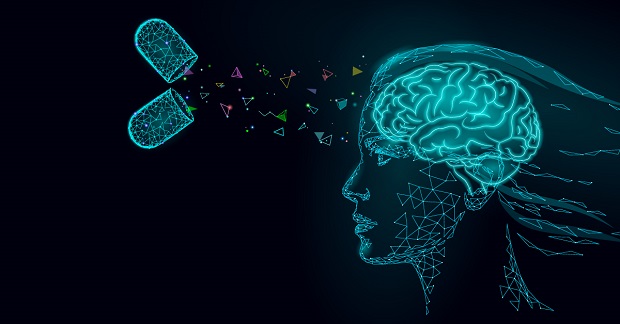
2020 has been a hectic year with the coronavirus pandemic affecting our lives in an unprecedented manner. However, with scientists and researchers working tirelessly, it was a great year for technological advancements and achievements. The breakthrough technologies mentioned in the article will surely affect our lifestyle in the years to come.
These are gifts of technology that have been the highlight of the first year of this decade:
ADVERTISEMENT
1. Unhackable Internet
You may be aware of the fact that the internet we use today is extremely vulnerable to hacks and exploits by people with questionable intentions. For the past few years, data scientists and analysts have been working on creating the first quantum internet that would be completely secure from hackers.
The Delft University of Technology, one of the big organizations working on this project, has successfully developed this technology. In a presentation, Physicist Ronald Hanson at the Delft University of Technology along with his collaborators linked three devices in such a way that any two devices in the network ended up with mutually entangled quantum bits.
These quantum bits are used for transmitting information and communicating with other devices – the use of entanglement makes it almost impossible for hackers to snoop around the user devices.
ADVERTISEMENT
2. Digital Money
In this digital age, the use of cash is continuously declining. Cash transactions need intermediaries and in each stage, there is a considerable markup. On the other hand, digital money, like ‘Libra by Facebook’ exists only in its digital form, which can lead to a breach of financial privacy.
Digital money can be beneficial for instantaneous transactions and may also mean that parties would have to go through minimal or no intermediaries at all. Like cryptocurrencies using blockchain technology, which is decentralized, digital currency can potentially break the global financial system into small fragments.

3. Quantum Supremacy
Though many have dreamed of it, using a quantum computer to outperform classical computers cannot be implemented daily just yet. Google has developed a ‘Sycamore quantum processor’, which can be used to achieve quantum supremacy.
In a test, Sycamore could determine a set of randomly distributed numbers in three minutes and 20 seconds, which would have taken 10,000 years for a classical computer. Even though the results of the tests and calculations were impressive, we are still years away from using quantum computers to solve problems that classical computers cannot handle.
ADVERTISEMENT
4. Differential Privacy
Differential privacy can help organizations collect and share collected user data while keeping their identities private. The 2020 US Census, which is the largest-scale application would use differential privacy while distributing population data.
This technology aims to maximize data usage without disclosing the user identity. Differential privacy ensures the unavailability of raw data to database managers or data scientists and allows organizations to tackle privacy-related problems and build trust.

5. Climate Change Attribution
With the help of improved computing capabilities of newly developed processors, scientists can now make proper reports of how climate changes can affect severe weather events. Civilians and the military can now prepare in advance in case of natural disasters due to weather conditions.
ADVERTISEMENT
Further, it also gives enough evidence to hold responsible authorities and the government responsible for not taking necessary steps when needed. Climate change can cause immeasurable loss of lives and properties, and proper climate change attributions would help the people take proper and necessary precautionary measures.
6. Hyper-personalized Medication
With thousands of people worldwide having unique ailments and disorders, traditional medication cannot help them all. Have you ever wondered how this problem can be solved by producing medication for a particular case? This way, scientists and doctors can help cure rare genetic disorders and rare diseases.
ADVERTISEMENT
The dream of achieving hyper-personalized medication is not too far and will bring hope and joy to several people all over the world. Medicines tailored to the exact needs of a single patient will treat and cure ailments that went untreated earlier. This was without a doubt, one of the best technological advancements in the field of medicine.

7. Satellite Mega-Constellation
Aiming to provide high-speed internet services all over the world, satellite mega-constellations projects were a great success. It is the much-awaited solution to unreliable WiFi signals and fluctuating cellular networks. Satellite mega-constellations would enable global connectivity for almost everyone with a proper device.
However, the development and implementation of this technology bring a few major concerns. Space will be littered with several small satellite mega-constellations to bring unhindered connectivity to everyone.
Also, in the absence of a set of international rules and regulations and authority to enforce them, major industry leaders can end up exploiting its uses. This would lead to major problems and lead to unbridled chaos.
ADVERTISEMENT

8. Tiny AI
Long gone are the days when users would have to depend on heavy computer setups to use powerful AI algorithms. Nowadays, handheld devices like mobile phones and household appliances are capable of using AI programs without even interacting with the cloud.
With the development of tiny AI, developers and software enthusiasts can work to shrink the size of existing and new AI models without losing their efficiency and functionalities. Accessing AI models from our devices involve no latency due to the lack of interaction with the cloud and hence there are fewer privacy-related concerns.
Currently, big tech companies like Google, Apple, Amazon as well as IBM are leading the market with the application and implementation of tiny AI technology.

9. Anti-aging drugs
Since ancient times, adventurers, researchers, and philosophers have spent their lives finding the answer to their aging problems. The wait is almost over as doctors and scientists have developed drugs that can help slow down your aging.
ADVERTISEMENT
These drugs can be very useful for patients suffering from diseases like cancer, dementia, and heart-related problems by slowing down the aging process. Though a lot of research has not been conducted yet, initial trials have proved these drugs to be safe for humans.
10. AI-discovered molecules
Working with technologies like machine learning and artificial intelligence, scientists and data scientists are using AI to discover molecules that can affect the healthcare industry greatly.
ADVERTISEMENT
With the discovery of the antibiotic Halicin using Artificial Intelligence, medical science has gained a golden opportunity to develop exponentially. Though using AI for healthcare is not new, this was the first time AI has identified a completely new antibiotic variety without any human intervention or assumptions.
Though this may be a very expensive process due to the rarity of the molecules in question, AI can help bring down the cost of production to a great extent. It can evaluate and use molecules effectively and efficiently, which might not be possible for human scientists.

ADVERTISEMENT











